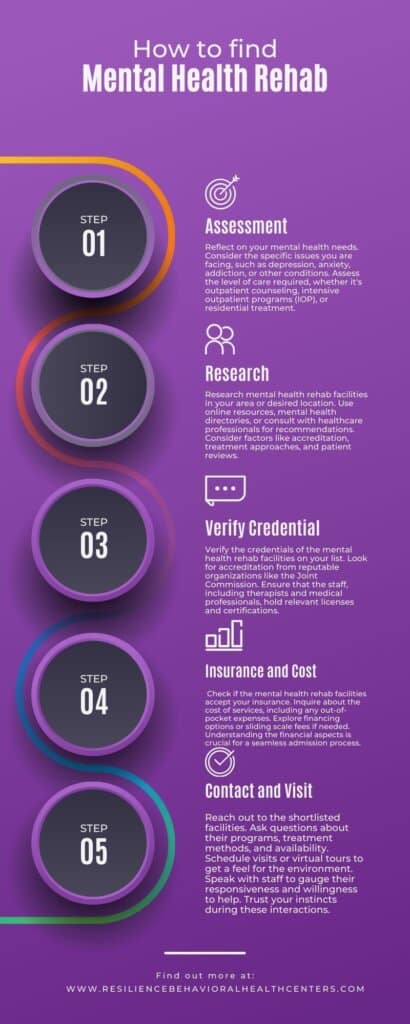Relapse Prevention Programs Massachusetts
Relapse prevention programs in Massachusetts utilize various therapeutic approaches for the rehab of substance use disorders and other mental health conditions (or both).
The ideal goal is to help individuals in recovery to maintain their sobriety indefinitely. It involves identifying potential triggers and high-risk situations that could lead to a relapse.
However, it’s important to know that this ideal goal isn’t achieved in a single shot. Instead, it is attained through time and practice and with a silver lining within a relapse.
Now, you might see this as counterintuitive; after all, we are trying to avoid a relapse, so what gives?
That’s exactly what we’ll be answering ahead, so stick around, and let’s get started.
Understanding Relapse And Its Different Stages
Relapse occurs when a person returns to their old habits which generally involve substance abuse. These habits were under remission or were in control, but they might return as a response to certain triggers.
For example, stress, exposure to the substance, or déjà-vu situations that remind the person of the substance use.
Although relapse sounds like something that occurs suddenly, however, there’s a process behind it which occurs in stages.
- It starts with an emotional relapse where the individual isn’t actively thinking about reusing the substance. Instead, they might experience emotions and behaviors that remind the person of the false “high”.
- If the emotions are left unchecked, they only escalate. This leads to a mental relapse, which is characterized by growing thoughts of using.
- The final stage is the physical relapse where a person actually uses the substance again.
Relapse Prevention Therapy In Massachusetts’ Mental Health Rehab
Relapse prevention therapies are based on the understanding that relapse is a process as explained above. The stage for relapse is set long before the actual substance usage begins. Therefore, relapse prevention therapy focuses on addressing each stage of the relapse process by helping the individual to:
- Recognize early warning signs that set the stage for a relapse.
- Understand their personal triggers that develop cravings.
- Develop coping strategies to deal with high-risk situations.
Setting these aims allows you to set concrete goals, which allows for achieving them more easily. This is a proactive approach that enables individuals to have a specific plan in case a lapse occurs. Thus, minimizing its effects and preventing it from escalating to a full-fledged relapse.
Additionally, this gives important information which we referred to earlier as the silver lining.

What’s The Silver Lining Behind A Relapse? (Is There One, Even?)
Studies have shown a relapse rate of approx. 50% within the first 12 weeks after completing an inpatient treatment program. The only reason we mention this is so you don’t punish yourself too harshly and isolate yourself for relapsing. What if we told you that this is a part of your healing process?
Exactly! Because relapse presents an opportunity for the mental health rehab programs in Massachusetts to refocus their treatment plan.
It highlights the areas that need more focused attention, so readjusted effective strategies can be set in place for the culprits.
The important thing is communication; let your therapist or treatment professional know the relapse has occurred.
You can even communicate this to your support groups, so you can learn from their experience. Click here to learn more about support groups in Massachusetts to help you in your relapse prevention journey.

